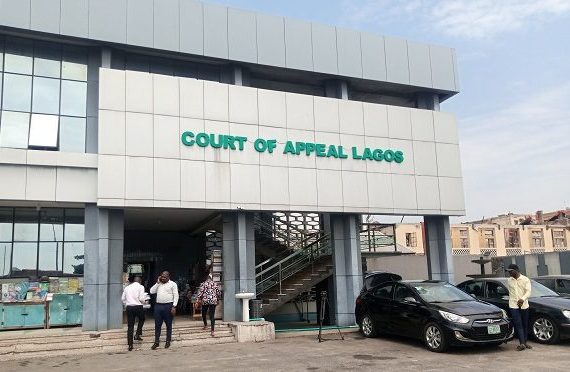Written by Carrington Omokaro, Esq
An averment in a statement of defence which states “The defendant denies paragraph _ and puts l NJ the plaintiff to the strictest proof” or “The defendant is not in a position to admit or deny _ and will at the trial put the plaintiff to proof”, amounts to an insufficient denial. Such averment does not deny the facts sufficiently enough to raise any issue in respect of the said facts. Where there is no issue the question of burden of proof does not arise. – Lewis & Peat (N.R.I) Ltd v. A.E Akhimien (1976) 7 SC 157
Explanation
In the case earlier cited, the Appellant as plaintiff in his statement of claim averred
1️⃣. The Plaintiffs are a trading company registered in Nigeria with their Headquarters in Ogbarefe in the Midwestern State.
2️⃣The Plaintiffs buy rubber lumps and process them for export
The Respondent as defendant at the trial court in paragraph 3 of the statement of defence stated The defendant is not in a position to admit or deny paragraphs 1 & 2 of the statement of claim and would put the Plaintiffs to the strictest proof thereof.
During address, learned counsel for the respondent for the first time raised the question of capacity of the appellants to sue. He submitted that there was “no legal person before the court as there is no averment that the plaintiff is a legal person.” Continuing his submissions he pointed out that no certificate of incorporation of the appellants’ company was exhibited at the trial and that in the circumstances the appellants could neither sue nor be sued. The learned trial Judge in a considered judgment held that the appellants having failed to establish their corporate personality could not maintain the claim which must be dismissed. The trial Judge further stated that “_When the corporate existence of plaintiff was impugned by the defendant, it became necessary for the plaintiff to adduce evidence in proof thereof of the fact of incorporation. Oral assertion by a junior employee of the company is not enough. The certificate of incorporation or registration under the Companies Act…………………….. should be tendered or evidence of its non-existence given
On Appeal to the Supreme Court, the Apex Court in allowing the Appeal stated
“If a defendant refuses to admit a particular allegation in the statement of claim, he must state so specifically; and he does not do this satisfactorily by pleading thus: “defendant is not in a position to admit or deny (the particular allegation in the statement of claim) and will at the trial put the plaintiff to proof”. As was held in Harris v. Gamble (1878) 7 Ch D 877. A plea that “defendant puts plaintiffs to proof” amounts to insufficient denial…We are, therefore, of the opinion that paragraph 3 of the Statement of Defence did not deny the facts alleged in paragraphs 1 & 3 of the Statement of Claim sufficiently enough to raise any issue in respect of the facts”.


